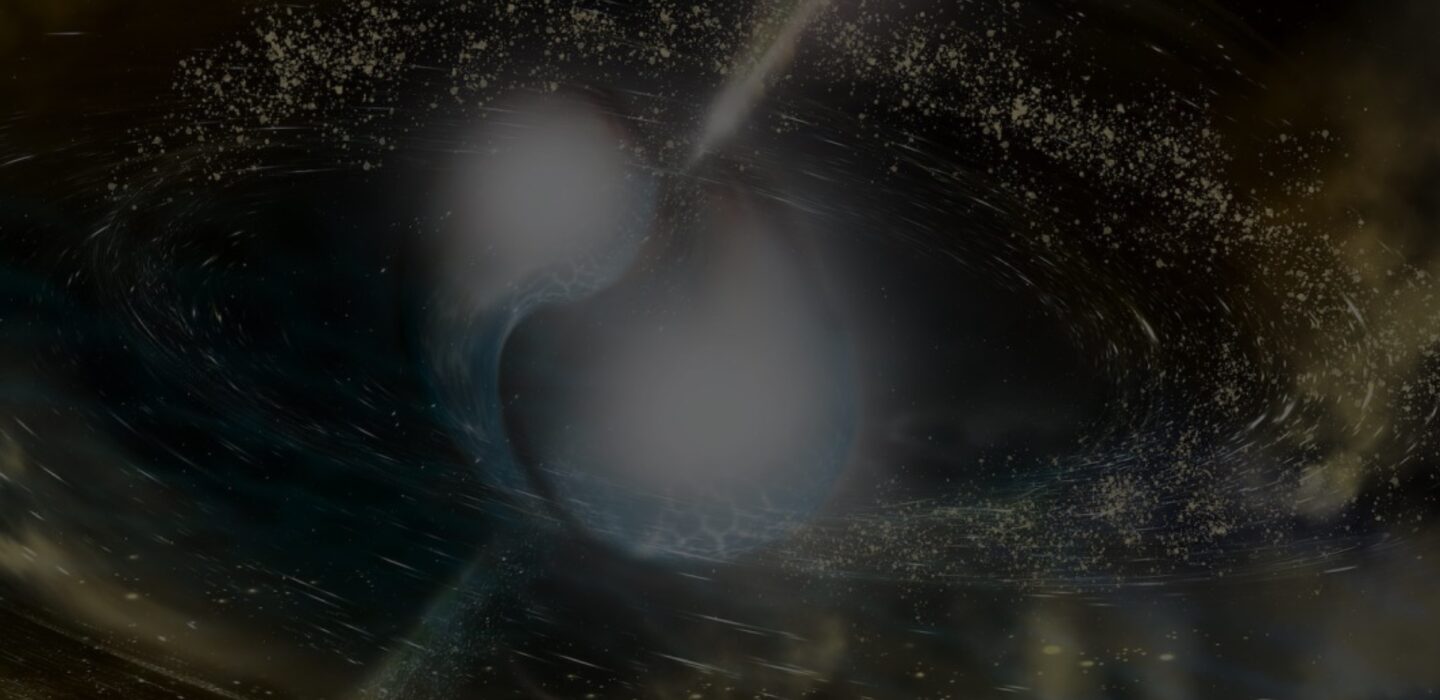Denis Erkal
Tuesday March 4, 2025
4pm
Marlar lounge & via zoom
Mapping out the colliding dark matter haloes of the Milky Way and LMC with stellar streams
Stellar streams form as dwarf galaxies and globular clusters tidally disrupt around their host galaxy. To date, more than 100 streams have been detected around our Galaxy. In this talk, I will begin with an overview of how streams form, how they can be used to measure the gravitational potential of our Galaxy, and how the Large Magellanic Cloud has a large effect on many streams in the Milky Way. I will then focus on two of the most constraining streams in the Milky Way, the Sagittarius stream and the Orphan-Chenab stream. I will present fits to both of these streams and show these fits require a consistent Milky Way mass profile and a consistent LMC mass. However, these fits prefer dark matter haloes with different orientations and flattenings. I will discuss possible reasons for this inconsistency and how we hope to resolve this in the future. Finally, I will show that the Orphan-Chenab stream can be used to infer how much dynamical friction the Large Magellanic Cloud has experienced and discuss how this could be used to constrain the nature of dark matter.
Denis Erkal is a Reader/Associate Professor in the astrophysics research group at the University of Surrey and received his PhD from the University of Chicago in 2013. He was also the recipient of the Vice-Chancellor’s award for Researcher of the Year in 2020.
Erkal’s work focuses on understanding on how the Milky Way was built by the accretion of many smaller systems. In particular, he is interested in tidal streams which form as globular clusters or dwarf galaxies that are disrupted by the tides of the Milky Way. These streams roughly follow orbits and are excellent tracers of the potential of our galaxy.

